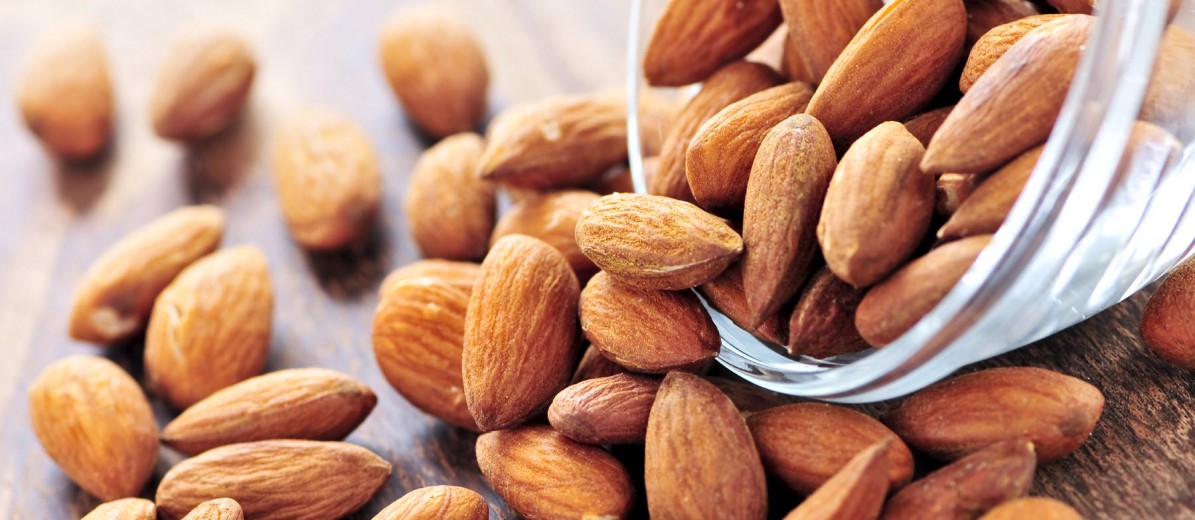To bulk up, you have to fuel up. Lifting heavy weights alone isn’t enough for muscle-building. To really maximize your sweat sessions you need to do some heavy lifting in your diet too. That means adding an extra 300–500 calories to your plate — and no, we don’t mean chips and beer. We’re talking muscle-building food, such as lean sources of protein (chicken, lean beef, beans) and healthy carbs (whole grains, veggies, fruit). It’s all about timing as well.
“The best way to make sure that protein and nutrients are absorbed by your body and muscles is to eat within 30 minutes following an intense strength workout,”
explains says Gregory Florez, CEO of V2Performance and a spokesperson for the American Council on Exercise. “Exercise breaks down tissue, and eating a 3:1 to 4:1 carb to protein meal within that half-hour window helps repair those damaged cells.”
Add these five-heavyweight champ muscle-building foods, plus lots of water, to your diet and you’ll be invited to the gun show in no time.
Eggs
Crack open these heroes in a half shell. “A cheap source of protein, eggs are a good sources of Vitamins A, D and E,” says Jim White, RD, ACSM, spokesperson for the Academy of Nutrition and Dietetics. Vitamin A helps regenerate muscles, Vitamin E increases blood circulation through the body and muscles and Vitamin D ushers calcium into your bones. Eat the yolks too — that’s where all of the nutrients live. And contrary to popular belief, the cholesterol in eggs won’t up your heart disease risk. Huevos rancheros anyone?
Yogurt
Scoop up the creamy white stuff for a perfect blend of a protein and carb snack. Go Greek for double the protein. Yogurt is a rich source of calcium — “an essential nutrient for strengthening bones and preventing fractures,” according to White. Want your muscles to move better too? Calcium can help with that.
“[It] also helps contract muscles, which allows them to move better, thus building larger muscles. Not to mention that it’s full of healthy bacteria for good digestive health,”
White adds.
Beef
Sear a juicy slab of red meat for a one-two punch of iron and zinc, plus vitamin B12. Both nutrients help transport oxygen to the muscles and zinc, like magnesium, assists muscle with contraction. “Iron also breaks down food into energy that the muscles can use,” White explains. “Without enough of it the body will break down quicker.”
Stick to lean cuts like top-round or flank steak to trim calories.
Almonds
Grab a hand full or two of these crunchy munchies. “Nuts have mono- and poly-unsaturated, protein and fiber,” White says. “They’re also high in Vitamin E, which not only delivers nutrients and oxygen to the muscles, but also diminishes free radical damage. Plus it helps rid the body of metabolic waste such as lactic acid and eases muscle soreness.”
This super food is high in magnesium as well another key player in aiding muscle contraction. They pack in calories, too, if you’re looking to raise your intake.
Wild Salmon
Go upstream with this fresh catch. Salmon delivers on protein and Omega-3 fatty acids, both of which aid in muscle recovery after a hard workout. One benefit of Omega-3’s is that they help stimulate muscle growth. “Omega-3 also helps keep your body run smoothly – eyes, heart, liver,” Florez says. And a body that runs well is a body in motion.

